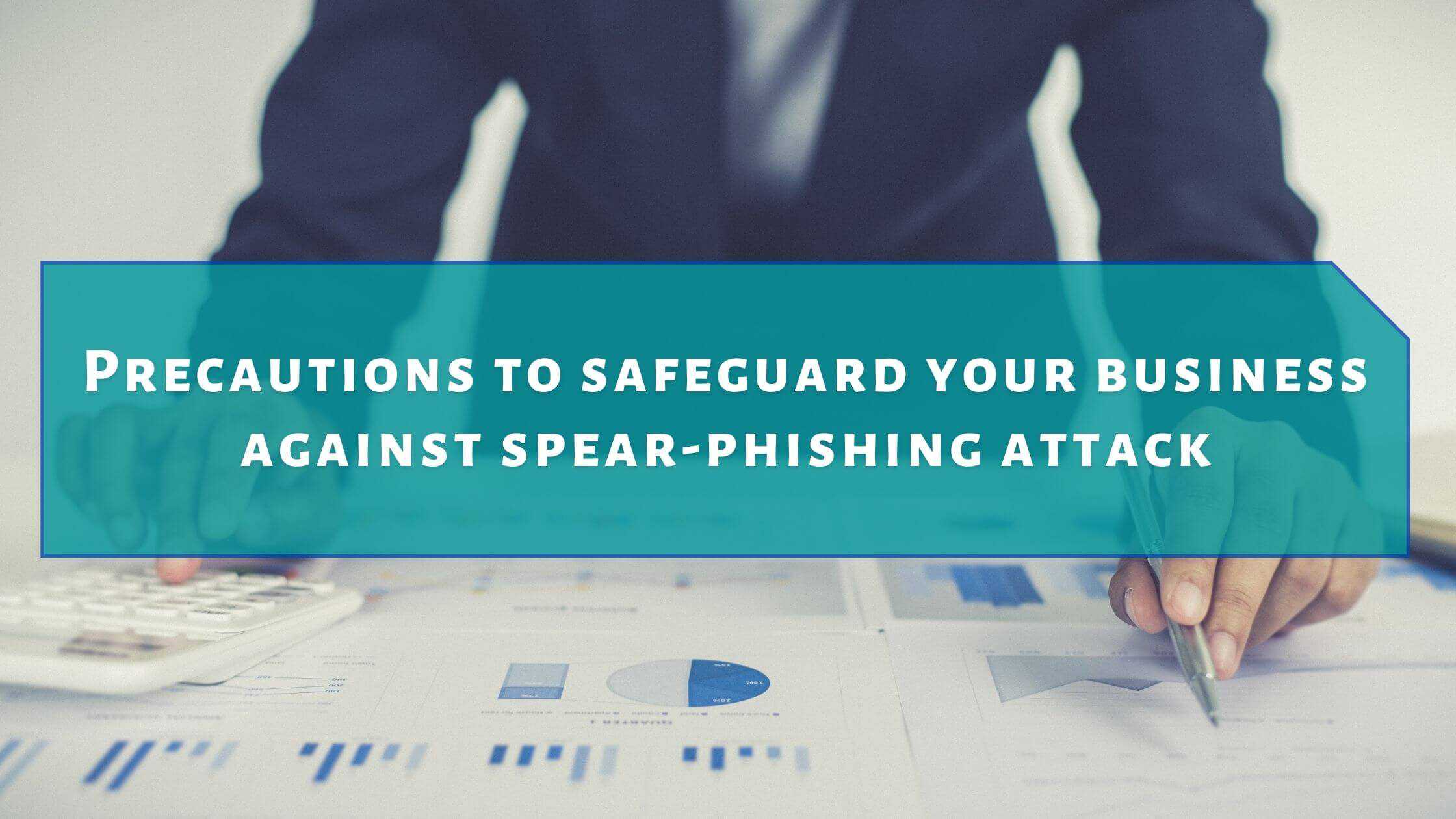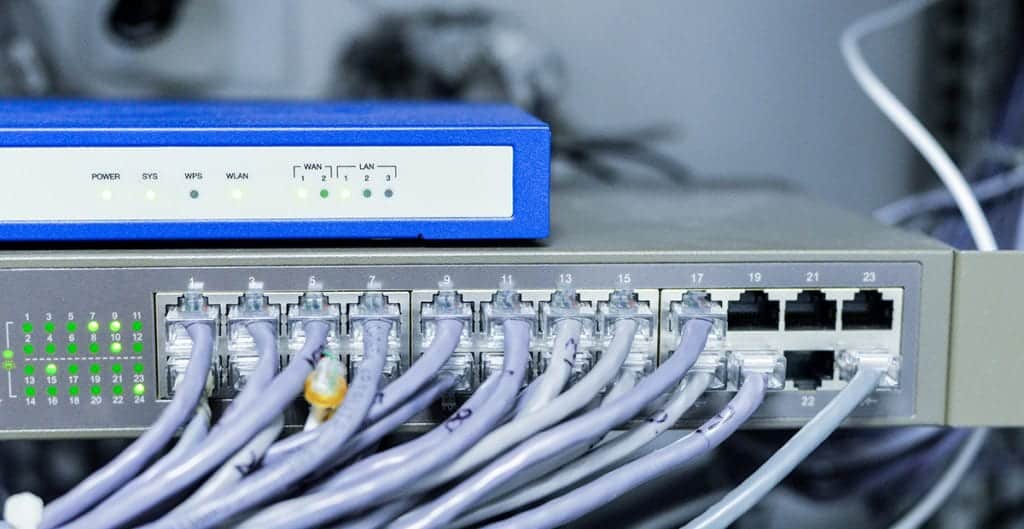In recent times there has been a significant rise in a certain type of email threat, mainly termed spear phishing. A recent report suggests that the spear-phishing market is likely to hit $1.9 billion marks by the year 2027. Now that these figures seem intimidating, you must be surely wondering about who are the possible targets.
Cybercriminals mostly target government organizations, on premise businesses, healthcare, retail, and crucial infrastructures. Let’s learn more about how you can shield your confidential business data against these malicious attacks.
Spear Phishing
Spear phishing refers to the act of scam that makes use of information visible to the general public. This is generally done either to gain details about the target victim or steal money. Cybercriminals take up the route of exploring platforms such as Facebook, Linked In, and even the official company website as a source of information. What makes this attack unique is that it is hyper-targeted. The targeted recipients are often the ones who receive and process large data as in the case of HR. Nevertheless, scammers often keep a wide scope for ensuring greater success rates, thereby increasing the number and kinds of targets.
Why one must avoid being a victim of spear phishing?
While spear phishing, scammers pretend to be a trusted source such as a legitimate client and ask you for your personal information or details about any financial transaction. Such mails often depict an urgent situation so that it prompts the receiver to respond to their messages.
Precautions to safeguard your business against spear-phishing attack
- Stay vigilant
Carefully view the sender’s address to spot any kind of spelling errors or wrong vocabulary. Being meticulous is the key to avoid such attacks as they only wait for you to ignore the signs.
- Regular software updates
Most of the software providers offer you timely updates that are extremely helpful. Make sure to update regularly as they are close down all the loopholes present in the software that could act as potential pathways for spear phishers.
- Ask questions
Be careful over emails that that request you for your personal information, money transfer, or passwords. If the sender has asked you for your personal information or any confidential data, make it a point to ask them about the reason for such a demand. In this way, you will falter their plan and prevent the risk of experiencing an attack.
- Enhance organization’s data security protocols and educate the employees
Provide formal training to employees of your organization on this matter. Make sure that they are aware of the possible ways of attack and ask them to abide by the protocols as a part of the precautionary measure.
- Do not send your sensitive information
Always make it a point to verify if the email received is legitimate by following up with the sender through messaging or a phone call. Make sure to not respond immediately or forward it to any individual.




